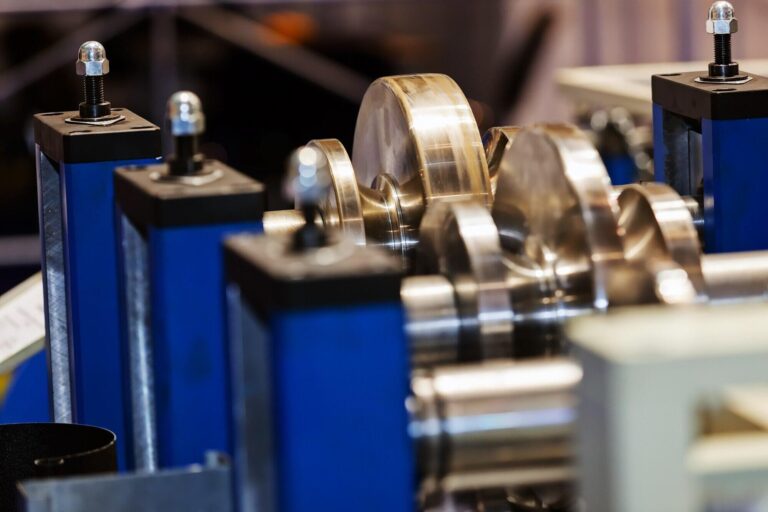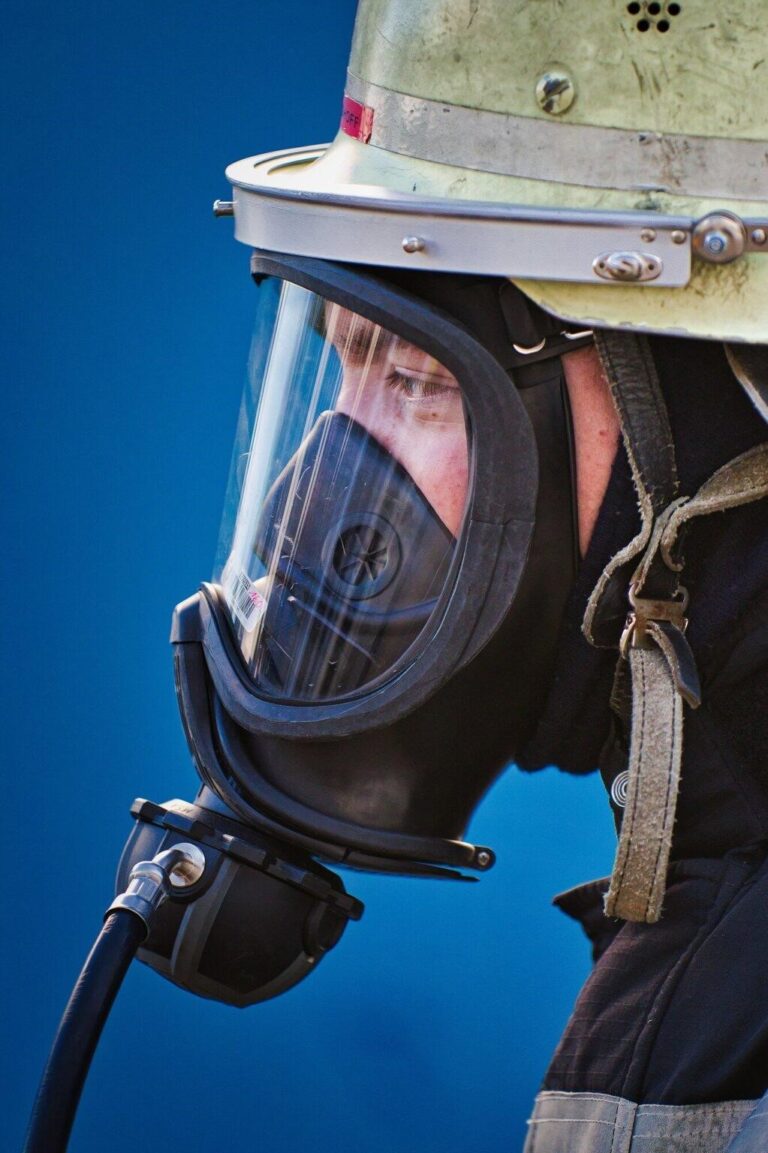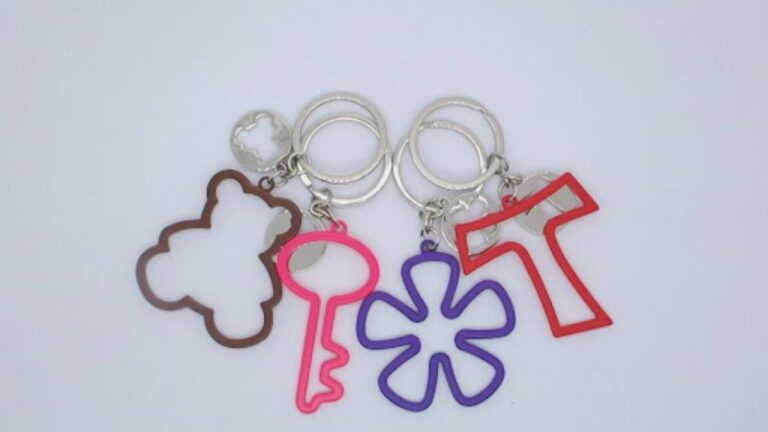Strategies for Successfully Sourcing Expert Witnesses for Legal Cases
Sourcing expert witnesses is a crucial step in building a solid legal case, as their specialized knowledge and testimony can significantly sway the outcome. Whether navigating a medical malpractice lawsuit, a complex financial dispute, or a technical patent infringement case, finding the right expert witness is essential. This guide offers a comprehensive approach to understanding the role of expert witnesses, identifying credible sources, and verifying qualifications to ensure their expertise aligns with the specific needs of your case. With the right strategies, you can efficiently secure expert witnesses whose testimony provides clarity and credibility in even the most complex legal matters.
Why Expert Witnesses Matter
Expert witnesses are essential to legal procedures because they bring specialized knowledge to bear on complex problems. Their testimony has the power to affect how a case turns out dramatically. Effective expert witness research is essential to ensure that the right experts are selected for each case. Selecting a credible expert witness can be the difference between winning and losing a case. From medical malpractice to financial fraud, expert witnesses bring objectivity and clarity, assisting both legal teams and juries in understanding nuanced subjects and making informed decisions.
For instance, in medical malpractice cases, an expert witness with a medical background can dissect complex medical terms and procedures, making them understandable to the layperson. Similarly, in financial litigation, forensic accountants can trace and explain intricate financial activities. These professionals help break down technical jargon into understandable testimony, making their input invaluable across various types of litigation.
Qualities of an Effective Expert Witness
When selecting an expert witness, consider the following qualities:
- Credentials: The expert should have relevant academic qualifications and professional experience. For example, a medical expert might need to have a long-standing practice and experience in similar cases.
- Communication Skills: The ability to articulate complex concepts in layperson’s terms is vital. A highly qualified expert who can’t simply explain their findings may not be as effective.
- Credibility: A history of courtroom experience and peer recognition can establish an expert’s credibility. Past testimonials from other legal professionals can also assure their capabilities and reliability.
These qualities not only help in presenting a solid testimony but also in making the technical aspects of a case comprehensible to juries and judges. The effectiveness of an expert witness can largely hinge on their ability to convey their specialized knowledge in an accessible manner.
Best Places to Find Expert Witnesses
To find expert witnesses, use professional directories, academic institutions, and specialized platforms. Professional directories are maintained by industry organizations and are vetted by peers. Universities offer experts in various fields, with professors and researchers possessing profound knowledge. Specialized platforms connect legal professionals with expert witnesses, offering detailed profiles and reviews. These resources help legal teams find qualified experts tailored to specific case needs. By leveraging multiple sources, the likelihood of finding experts is increased, as they are knowledgeable and experienced in courtroom testimony.
Verifying the Qualifications of Expert Witnesses
Once you’ve identified potential experts, it’s essential to verify their qualifications:
- Check their academic credentials and certifications. Verify these through official channels like universities or professional licensing boards.
- Review past testimonies and case involvement. Look for patterns in their previous work that align with your case needs.
- Contact references or peers in the field. Speaking to colleagues or others who have worked with the expert can provide invaluable insights into their reliability and effectiveness.
Research and due diligence are crucial steps in ensuring that the expert witness is indeed an authority in their respective field. This verification process helps mitigate risks associated with employing an unqualified or dubious expert, thus safeguarding the integrity of the case.
Working Efficiently With Expert Witnesses
Effective collaboration with expert witnesses is critical to success:
- Clear Communication: Maintain open lines of communication and set expectations early. Clear, consistent communication helps in aligning the expert’s contributions with the legal strategy.
- Preparation: Provide thorough case materials and ensure the expert is well-prepared for testimony. Preparation should include mock trials or pre-testimony meetings to fine-tune their presentation.
- Regular Updates: Keep the expert informed about any changes in the case. Regular updates ensure that the expert remains engaged and aligned with the case’s evolving needs.
Fostering a good working relationship with expert witnesses can lead to more effective and compelling testimonies in court. It also builds a sense of trust and collaboration, which can only benefit the overall case outcome.
Conclusion
Sourcing expert witnesses effectively is a pivotal element in constructing a robust legal case. The credibility and clarity they bring to complex issues can significantly influence the outcome of a trial. By following best practices for finding, vetting, and working with expert witnesses, legal teams can ensure they are well-prepared for even the most intricate cases. Utilizing professional directories, academic institutions, and specialized platforms, coupled with rigorous qualification checks, can help secure reliable experts. Ultimately, a well-selected expert witness not only strengthens a case but also enhances the overall litigation strategy.







